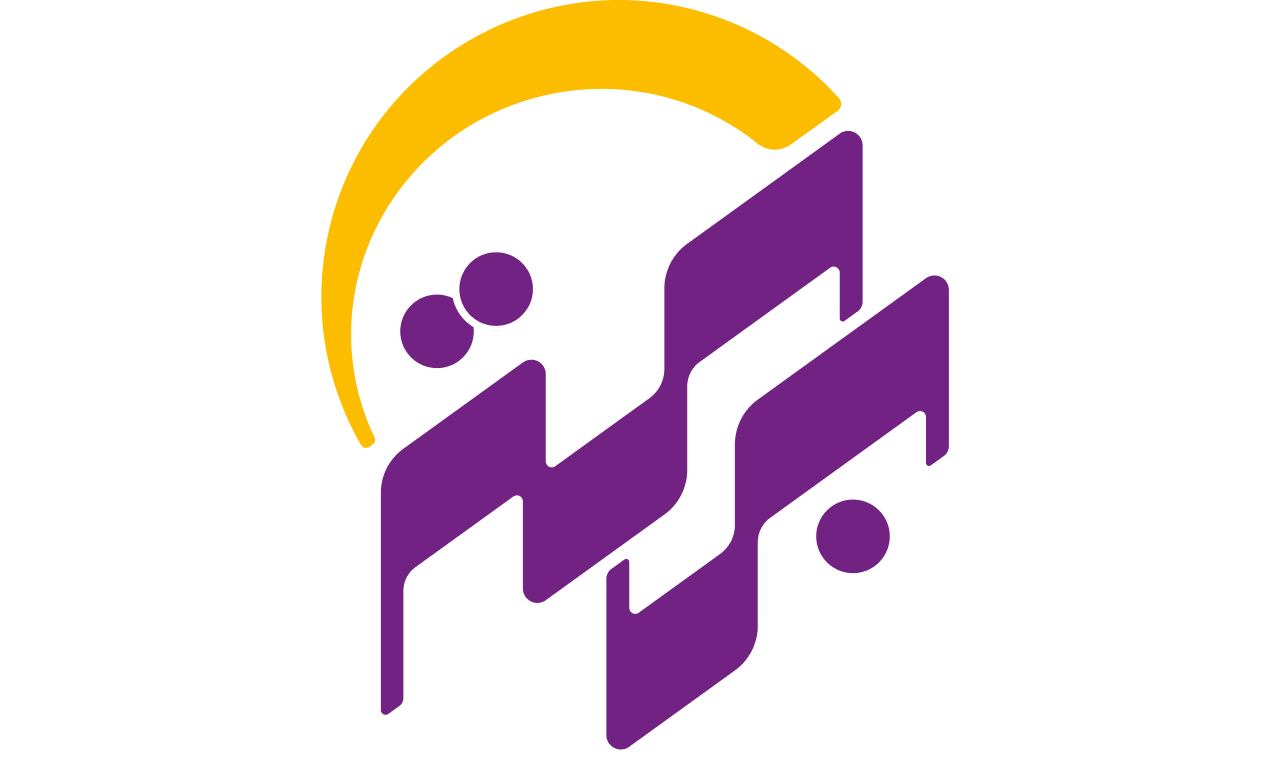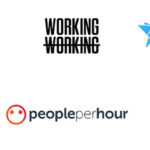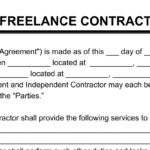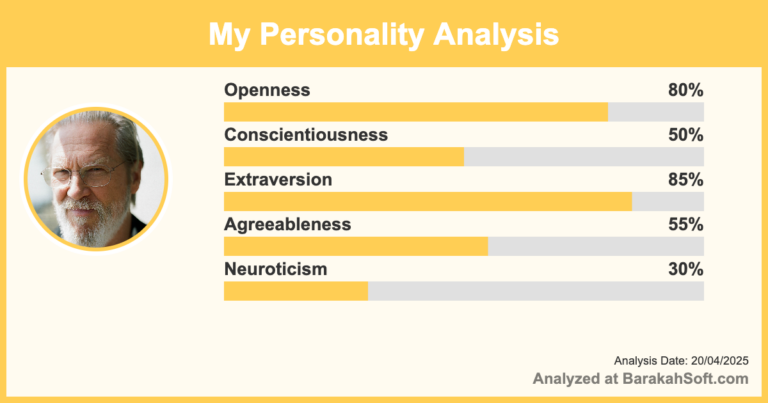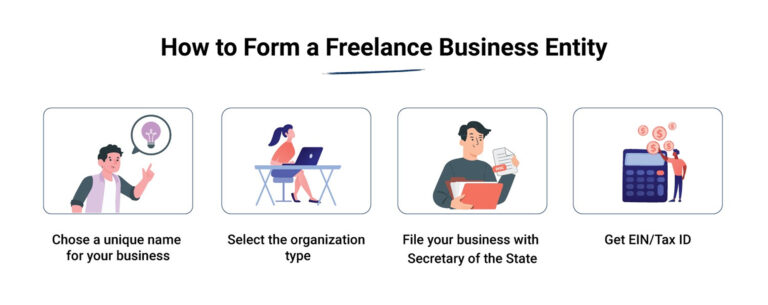Why Small Tech Teams Need a CRM
If you’re a developer or part of a small tech team, a CRM probably isn’t the first tool you think about. But once leads, clients, or partnerships start piling up, managing them with spreadsheets becomes a mess. A good CRM gives structure without slowing you down.
The problem is most CRMs are bloated, expensive, or built for big sales teams. This guide covers the best free CRM tools for small tech teams in 2025 — built for people who hate using CRMs.
What to Look For
We focused on tools that:
-
Are free or have a strong free plan
-
Don’t require sales training to use
-
Integrate with developer workflows or platforms
-
Help manage clients, leads, or projects without overhead
Quick Comparison
| CRM Tool | Best For |
|---|---|
| HubSpot CRM | All-around free CRM |
| Zoho CRM | Custom workflows |
| Trello + Crmble | Kanban-style CRM setup |
| Streak for Gmail | CRM inside Gmail |
| Notion | Custom DIY CRM |
| Airtable | Spreadsheet-style tracking |
| Capsule CRM | Simpler contact tracking |
| Flowlu | CRM + project management |
| Bitrix24 | Free plan with many tools |
| CiviCRM | Open-source CRM |
1. HubSpot CRM
HubSpot’s free CRM is often overkill for solo users, but it works well for small teams. You can track contacts, deals, emails, and more, all in one place.
-
Unlimited users and contacts
-
Email tracking, templates, and scheduling
-
Integrates with Gmail, Outlook, Slack, and Zapier
-
Good UI and support for a free tool
Limitations: Features are limited compared to paid plans, especially reporting.
Best for: Tech teams needing a reliable, out-of-the-box CRM.
2. Zoho CRM
Zoho’s free tier is generous and customizable. It offers basic sales automation, pipeline views, and workflow rules.
-
Free for up to 3 users
-
Workflow automation tools
-
App integrations and custom fields
-
Mobile access included
Limitations: Slight learning curve. Some features locked behind higher tiers.
Best for: Small tech teams that want structure but not high costs.
3. Trello + Crmble
Trello isn’t a CRM by default, but with the Crmble plugin, it becomes one. It’s a good option if your team already uses Trello for project management.
-
Visual, Kanban-style pipeline
-
Add contacts, tags, custom fields
-
Simple automation and integrations
-
Free for most basic features
Limitations: Less reporting, lacks traditional CRM features.
Best for: Teams who prefer visual workflows over traditional pipelines.
4. Streak for Gmail
Streak turns your Gmail inbox into a CRM. It’s not a full CRM suite, but for teams working heavily out of email, it can be powerful.
-
Built directly into Gmail
-
Track emails, set reminders, manage pipelines
-
Free for personal use and startups
-
Shared pipelines for collaboration
Limitations: Only works inside Gmail. Limited automation.
Best for: Founders and devs managing leads directly from email.
5. Notion (DIY CRM)
Notion isn’t a CRM, but you can build one. Many tech teams already use Notion for docs and projects — adding a CRM layer is easy.
-
Fully customizable
-
Track contacts, deals, emails, tasks
-
Use templates or create from scratch
-
Great for solo founders
Limitations: No automation, no native integrations.
Best for: Developers who prefer flexibility and already use Notion.
6. Airtable
Airtable is a hybrid between a spreadsheet and a database. It’s good for tracking contacts and leads with structure, but without too much rigidity.
-
Visual views: grid, Kanban, calendar
-
Custom fields, linked records
-
Automations via Airtable Automations or Zapier
-
Free tier with generous limits
Limitations: No native email tools or sales features.
Best for: Teams comfortable with spreadsheets but need more structure.
7. Capsule CRM
Capsule is a lightweight CRM that works well for smaller teams. It’s more structured than Notion or Airtable, but not as complex as Salesforce.
-
Contact and sales pipeline management
-
Tasks, tags, and activity timelines
-
Mobile app included
-
Free for up to 250 contacts
Limitations: Reporting and integrations are limited in free version.
Best for: Freelancers and dev teams that want a real CRM without bloat.
8. Flowlu
Flowlu combines CRM, invoicing, task management, and knowledge base tools in one app.
-
Contact tracking, deal flow, and task assignment
-
Time tracking and finance tools
-
Free plan for 2 users
-
Built-in client portal
Limitations: Interface can feel cluttered.
Best for: Agencies or teams that want CRM + project management in one place.
9. Bitrix24
Bitrix24 offers more than most free CRMs — including email marketing, task management, chat, and more.
-
CRM with Kanban view
-
Website and landing page builder
-
Project management built-in
-
Free plan with many features
Limitations: UI is dated. Too many tools for some users.
Best for: Teams that want an all-in-one suite and don’t mind complexity.
10. CiviCRM
CiviCRM is an open-source CRM often used by nonprofits, but it can be repurposed by tech teams.
-
Self-hosted
-
Full data control
-
Custom modules and extensions
-
Free and community-supported
Limitations: Setup is technical. Requires hosting and maintenance.
Best for: Dev teams that want full ownership and open-source tools.
How to Pick the Right One
Ask these questions:
-
Do you need automation, or just structure?
-
Are you already using Gmail, Trello, or Notion?
-
Do you want something hosted, or self-managed?
-
Do you need CRM features only, or task/project tools too?
Start with the tools that fit your current workflow. You can always upgrade or switch later. For most dev teams, the simpler the CRM, the better the results.
Final Thoughts
You don’t need a complex or expensive CRM to stay organized. Any of the options here can help you manage contacts, leads, and client work without slowing your team down. Try a few for a week, then pick the one that feels least annoying to use.
If your team is already using Trello or Gmail, extend it with Crmble or Streak. If you want real structure with room to grow, look at HubSpot or Zoho. And if you want full control, try Airtable, Notion, or even CiviCRM.
